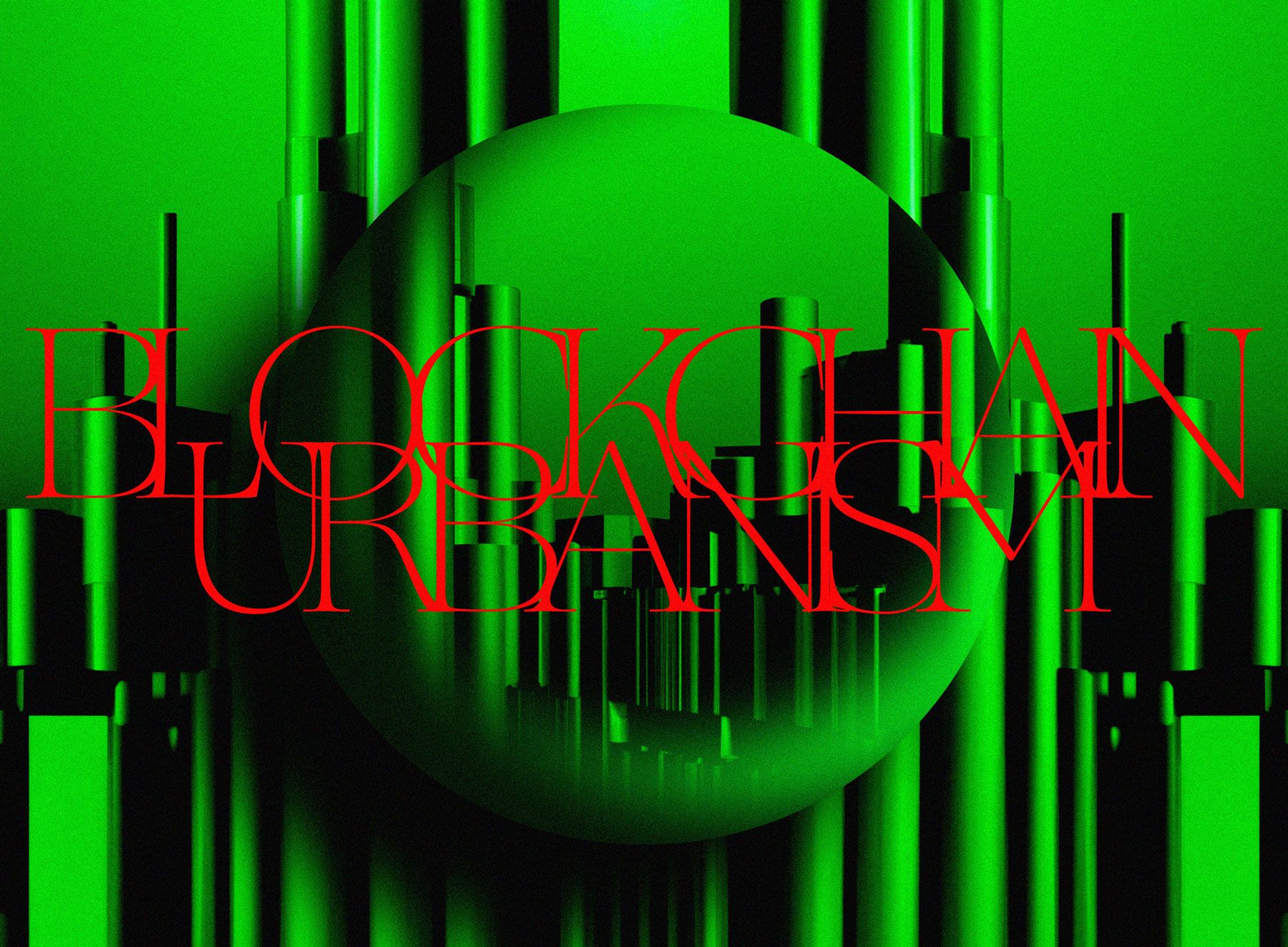aron
@aronshelton
aron
@aronshelton


If you want to be read in the future, make sure you would have been read in the past. We have no idea of what’s in the future, but we have some knowledge of what was in the past. So I make sure I would have been read both in the past and in the present time, that is by both the comtemporaries and the dead. So I speculated that books that would have been relevant twenty years in the past (conditional of course of being relevant today) would be interesting twenty years in the future.

The new technologist believes in the power of good critique. It is not hostile to interrogate each other’s ideas, products, or goals.
The designers of complex adaptive systems are not strictly designing systems themselves. They are hinting those systems towards anticipated outcomes, from an array of existing interrelated systems. These are designers that do not understand themselves to be in the center of the system. Rather, they understand themselves to be participants, shaping
... See moreNarrating and listening foster each other. The narrative community is a community of careful listeners. A particular kind of attention is inherent to careful listening. People who listen carefully are oblivious to themselves; they immerse themselves in what they hear: "The more self-forgetful the listener is, the more deeply what he listens to is i
... See more
Animating Questions and Humans In The Loop
The questions become less like, “What will technology do in the future?" and more like, "What does human sensing do now?"